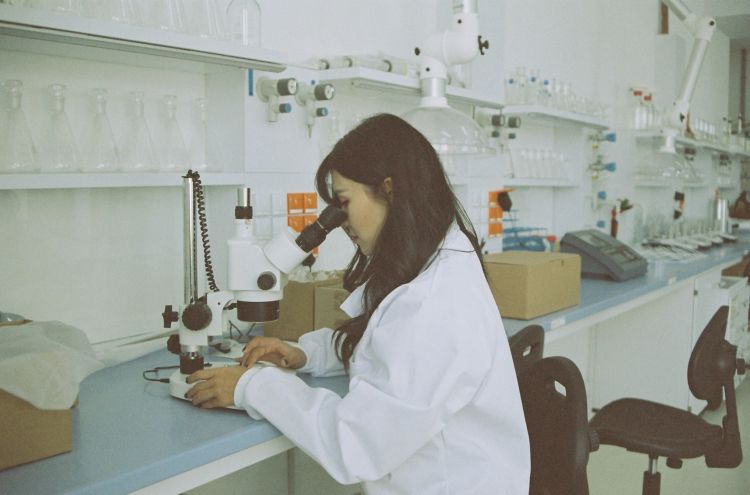Georgia BioEd Completes Inaugural Rural Teacher Training Initiative
The Georgia BioEd Institute, together with Georgia Youth Science and Technology Centers and the Georgia Department of Education, hosted the inaugural Rural Teacher Training Initiative (RTTI) at UGA’s Griffin Campus on January 13 th and 14 th , 2020.
Seventy-two science teachers in 7th through 12th grade representing 40 Georgia school districts participated. More than 10,000 students in rural Georgia communities stand to benefit. The curriculum for the two-day symposium is based on Georgia life science industry needs and is aligned with Georgia Standards of Excellence as well as the Technical College System of Georgia’s biotechnology programs. Educators practiced new, hands-on, biotech laboratory activities to take back to their classrooms. They connected with industry leaders and recruiters while also collecting contributed laboratory equipment from our industry partners.
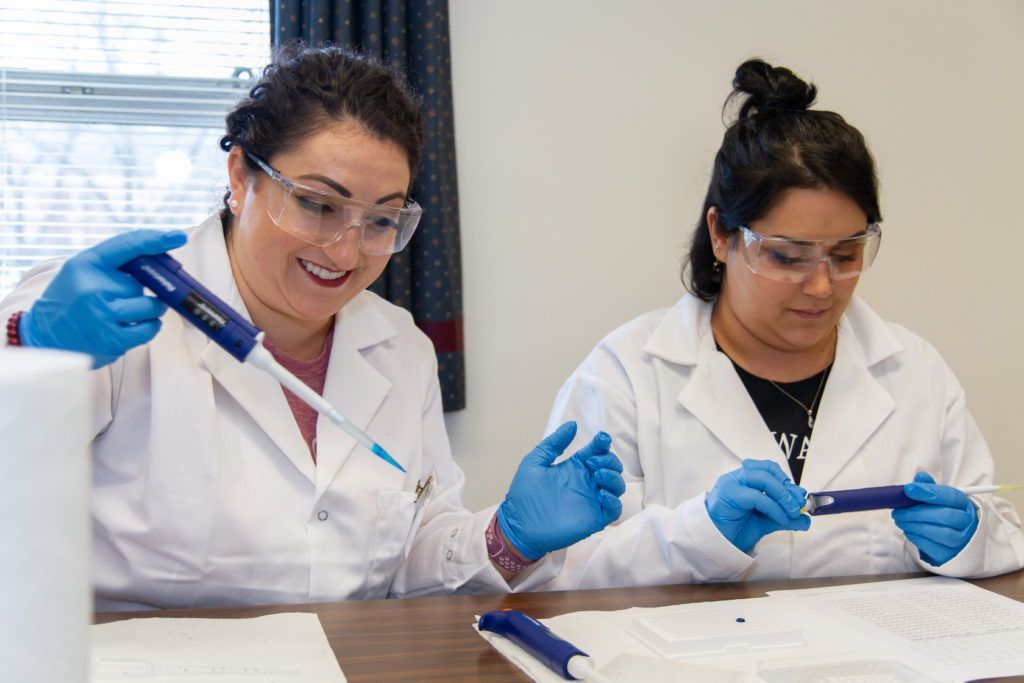
The GaBioEd Institute will deliver the balance of all materials necessary to implement the hands-on lab activities to the participant educators. Teachers are now part of an ongoing learning community that regularly meets with their cohort and master instructor throughout the school year for continued support.
“Hands-on teaching takes practice, courage, preparation, and resources,” said RTTI Director Kristin Boscan. “Our goal is to eliminate obstacles to life science education and careers through training, support and equipment supplementation.”
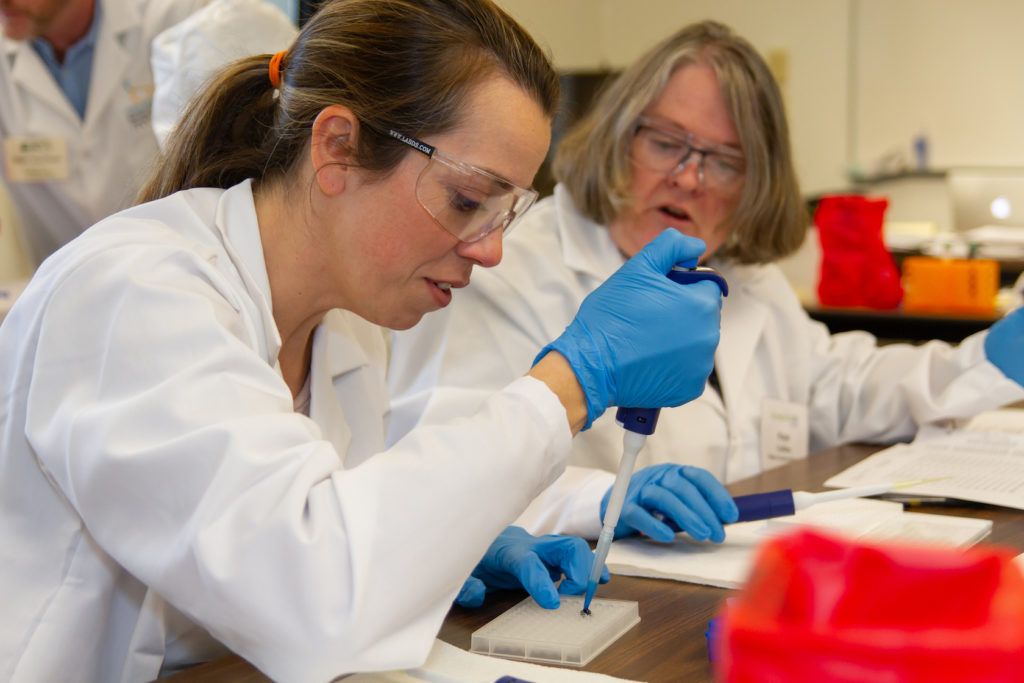
The symposium included an “industry fair” to inform educators about the life science industry in their own backyard, better equipping them to inspire and direct students to successful and frequently lucrative life science careers. The industry fair will certainly foster relationships that lead to industry tours, school field trips and internships.
“You can’t strive towards what you don’t know about,” said Ayesha Okaiwele, a science teacher in the Houston County School System. “When students hear the phrase ‘agriculture careers’ they often think that means farming and becoming a farmer. When, in fact, there’s the technical side of agriculture which involves laboratory work.”
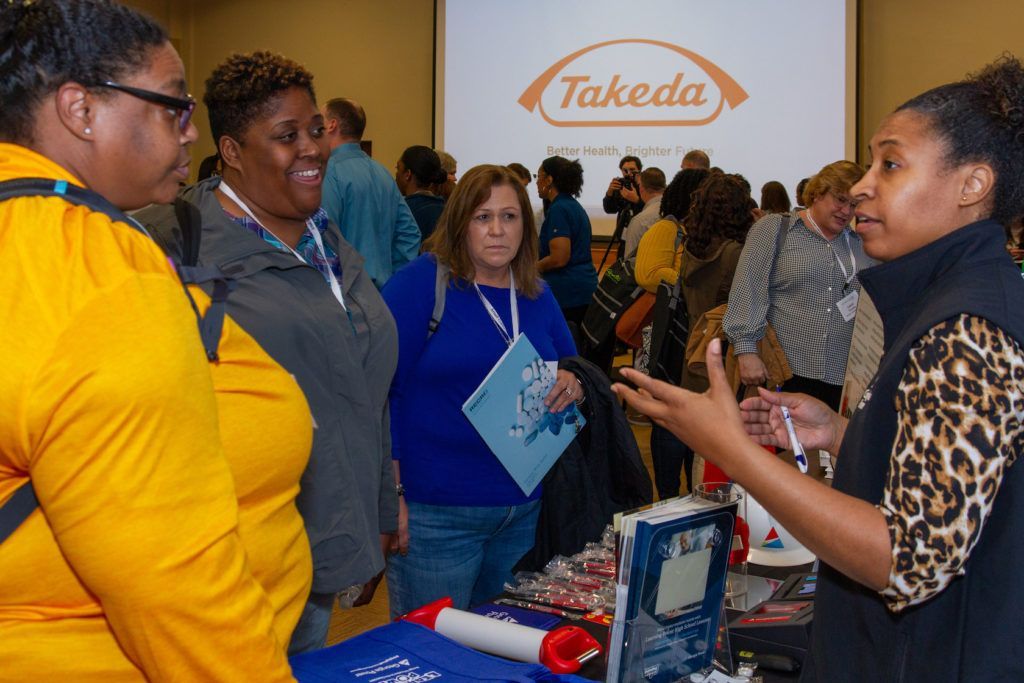
Georgia’s life science industry experienced a 14.9 percent growth in employment from 2007 to 2017, according to the 2019 Georgia Life Sciences State of the Industry Report. Maria Saporta further wrote for the Atlanta Business Chronicle, “The report identified 1,960 unique life science establishments that contributed 68,300 jobs and $10 billion to Georgia’s gross domestic product. When including the multiplier effects, the industry supports a total of about 194,000 jobs, and it contributes $21.8 billion to Georgia’s GDP.”
However, researchers at Georgia Tech found just 4.6 percent of Georgia high schools offer the full biotechnology pathway. They also found that less than one half of one percent of Georgia’s 12th grade students completed the final course in that pathway. This demonstrates a clear need for additional education and workforce development.
In addition to financial and in-kind funding from life science companies in Georgia, the state allocated $323,000 in 2019 for the inaugural program including lab implementation and ongoing support. Georgia BioEd is working to secure state funding during the 2020 legislative session to ensure the program continues on an annual basis.
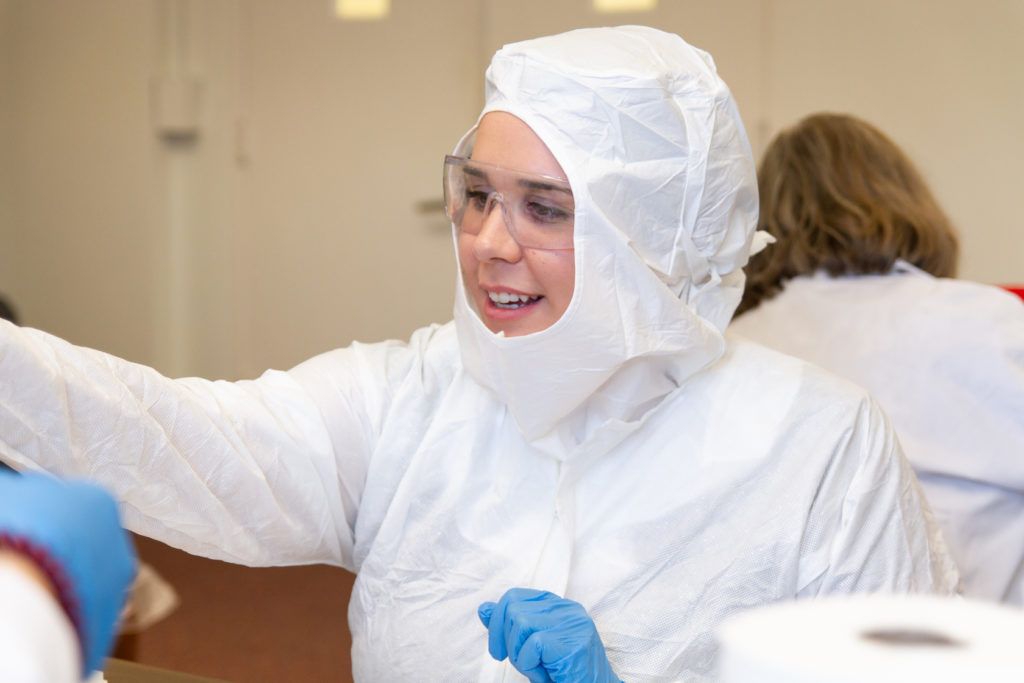
“The best thing we can do here in Georgia is to create an ecosystem that continues to allow for a growing economy, a talented workforce and significant potential in front of it,” Lt. Governor David Duncan told Georgia Bio last year.
Interested educators can subscribe to the RTTI outreach list and monthly newsletter by emailing mheaphy@gabio.org.
“We are grateful to our board members, industry supporters and state leaders for providing the support needed to ensure Georgia can generate the future workforce for the state’s $21 billion life science industry,” Boscan said.
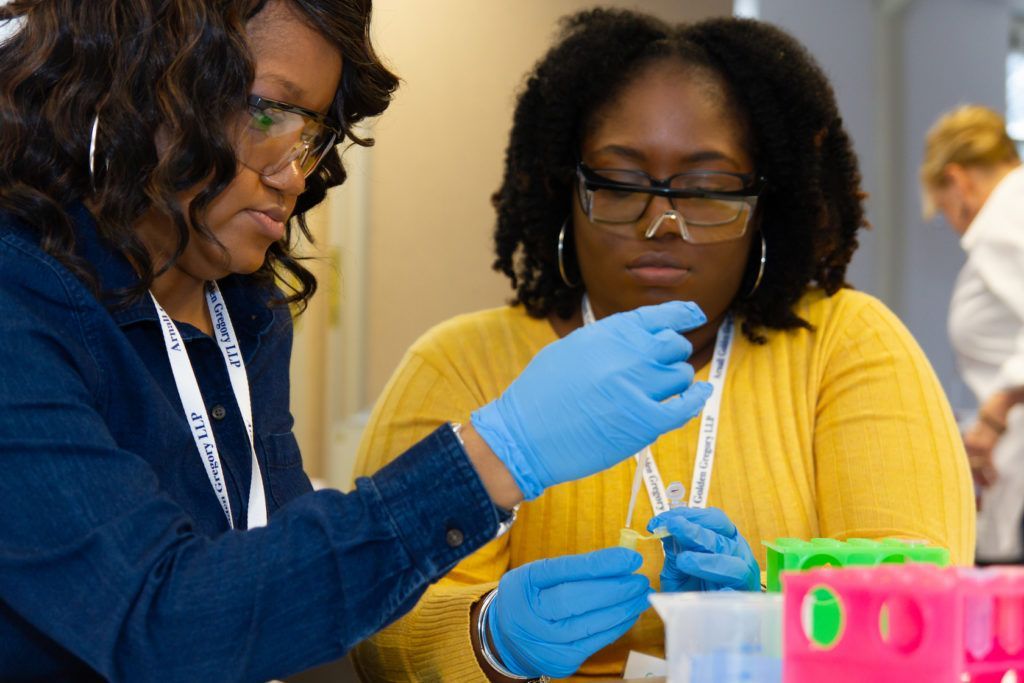
Georgia Bio expresses our gratitude to the following state legislative leadership for helping to make this valuable initiative real to the benefit of all Georgians: Governor Brian Kemp, Lt. Governor Geoff Duncan, House Appropriations Chairman Terry England, Senate Appropriations Chairman Jack Hill, House Appropriations Education Subcommittee Chairman Robert Dickey, Senate Appropriations Education Subcommittee Chairman Ellis Black, Senate Agriculture Chairman John Wilkinson, and House Ethics Chairman Randy Nix.
***
Georgia Bio and the Georgia BioEd Institute would like to thank supporters of the inaugural RTTI Program.
Champions
- Accenture
- Annette and Denny Ivey
- Avantor/VWR
- BioRad
- Dendreon
- Lab Design and Supply
- MedShare
- Sorbtech
- Takeda
- The Pipette Solution
- ThermoFisher
- Waypoint Analytical
Key Supporters
- Beate Lloyd
- Boehringer-Ingelheim
- Cell Manufacturing Technologies
- Emory University
- Georgia Association of Water Professionals
- Georgia Department of Agriculture
- Georgia Department of Education
- Georgia Poultry Laboratory Network
- Georgia Power
- Georgia State University
- Georgia Tech
- Georgia Youth Science and Technology Centers
- Gerresheimer
- Global Center for Medical Innovation
- GSU BioBus
- Kennesaw State University
- Morehouse School of Medicine
- Quest Diagnostics
- Recro Gainesville
- TCSG – Athens Tech
- UGA – Griffin and Young Scholars’ Program
- UGA’s Bioexpression and Fermentation Facility
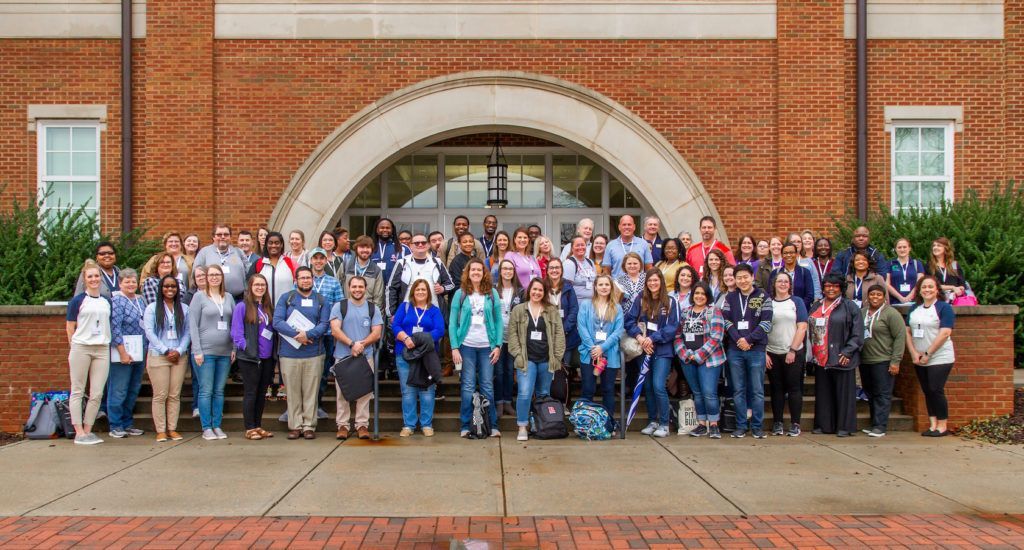
The post Georgia BioEd Completes Inaugural Rural Teacher Training Initiative appeared first on Georgia Bio.

